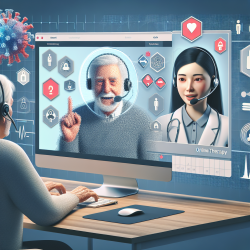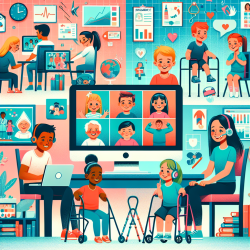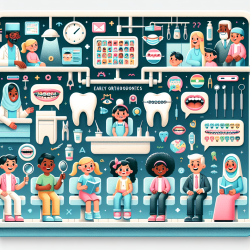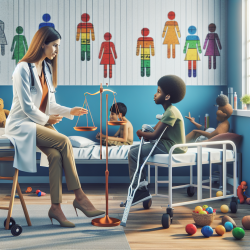The COVID-19 pandemic has necessitated rapid adaptations in many sectors, including mental health care. A recent study titled (Vi)-rushed Into Online Group Schema Therapy Based Day-Treatment for Older Adults by the COVID-19 Outbreak in the Netherlands highlights how online therapy can be effectively adapted for older adults. Here, we delve into the key takeaways and practical applications for practitioners looking to enhance their skills and outcomes in online therapy for older adults.
Key Findings
- Therapists were positively surprised by the online capabilities and resilience of older patients to adapt to the online treatment program, counteracting prejudices on the limited effectiveness of online psychotherapy in older adults.
- COVID-19 related social distancing measures appeared to trigger feelings of rejection in patients with borderline personality traits, while it falsely validated indoor behavior of patients with avoidant personality traits.
- Patients felt taken seriously, especially because during the online group sessions they all received detailed comments on their homework (sent by email and discussed online).
- Nonverbal sessions initially felt relaxing and fun but also stimulated mutual responsiveness, facilitating the "happy child mode" in schema therapy language.
Practical Applications
Here are some practical steps you can take to implement the findings from this study into your practice:
- Leverage Technology: Utilize platforms like Webex for conducting online group therapy sessions. Ensure that all necessary materials and instructions are sent to patients in advance to facilitate smooth sessions.
- Encourage Digital Literacy: Contrary to common assumptions, older adults are capable of adapting to online therapy. Provide initial over-the-phone instructions and continuous support to help them get comfortable with the technology.
- Incorporate Nonverbal Therapies: Nonverbal therapies such as art and psychomotor therapy can be adapted for online sessions. These activities not only make sessions more engaging but also help in stimulating mutual responsiveness among patients.
- Provide Individual Contact: Adding brief weekly individual contacts with therapists can help in monitoring the patient’s progress and addressing any issues promptly.
- Facilitate Informal Interactions: Create "break out time" during online sessions to allow patients to interact informally, which can help in building a supportive community.
Encouraging Further Research
While the initial results are promising, further formal effectiveness studies are needed to solidify these findings. As practitioners, we should encourage and participate in research that explores the long-term benefits and potential challenges of online therapy for older adults.
To read the original research paper, please follow this link: (Vi)-rushed Into Online Group Schema Therapy Based Day-Treatment for Older Adults by the COVID-19 Outbreak in the Netherlands.










